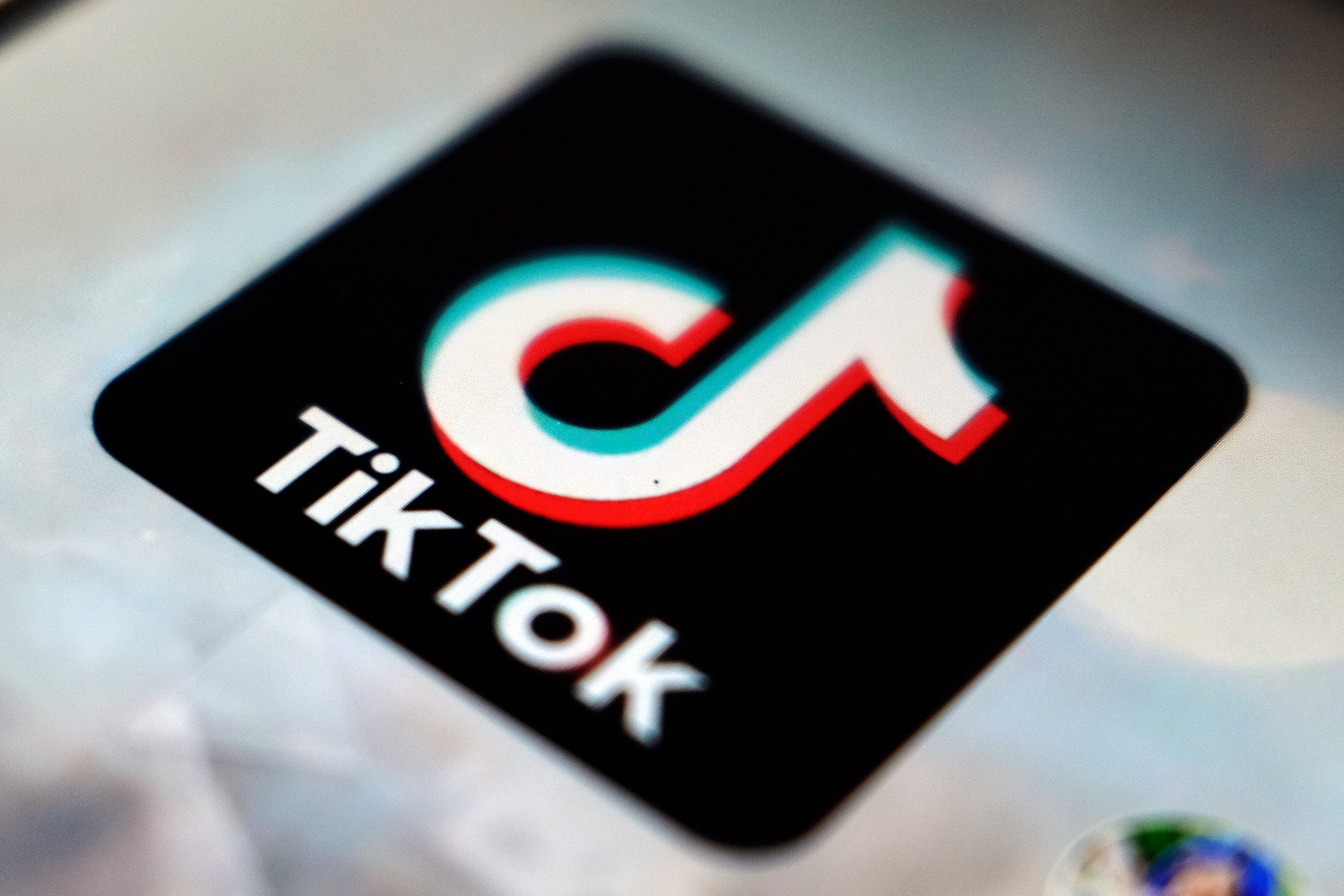China says EU TikTok ban will harm business confidence
China says a ban on the use of TikTok by official European Union institutions will harm business confidence in Europe

China says a ban on the use of TikTok by official European Union institutions will harm business confidence in Europe.
In the latest salvo in the battle over the Chinese-owned video sharing app, the European Parliament, the European Commission and the EU Council have banned TikTok from being installed on official devices
That follows similar actions taken by the U.S. federal government, Congress and more than half of the 50 U.S. states. Canada has also banned it from government devices.
TikTok is wildly popular among teens, but there are concerns China could use its legal and regulatory powers to obtain private user data or to try to push misinformation or narratives favoring China on the platform.
China has been pushing back, though its ruling Communist Party has long blocked many foreign social media platforms and messaging apps, including YouTube, Twitter, Facebook, Instagram — and TikTok. A Chinese version of the app, Douyin, is permitted, but its content is not the same as that found on TikTok.
"The EU claims to be the most open market in the world, but recently it has been taking restrictive measures and unreasonably suppressing other countries’ companies on the grounds of national security," Chinese Foreign Ministry spokesperson Mao Ning said at a daily briefing Wednesday.
“This will dampen the international community’s confidence in the business environment in the EU,” Mao said.
“The EU should match its words with deeds, respect the market economy and fair competition, stop overstretching and abusing the concept of national security and provide an open, fair, transparent and non-discriminatory business environment for all companies,” Mao said.
EU staffers are required to delete TikTok from devices that they use for professional business by March 15. In Norway, which is not a member of the 27-nation EU, the justice minister was forced to apologize this month for failing to disclose that she had installed TikTok on her government-issued phone.
TikTok also has come under pressure from the EU to comply with upcoming new digital regulations aimed at getting big online platforms to clean up toxic and illegal content along with the bloc’s strict data privacy rules.
In the U.S., the White House is giving a ll federal agencies, in guidance issued Monday, 30 days to wipe TikTok off all government devices. The White House already did not allow TikTok on its devices.
Bookmark popover
Removed from bookmarks